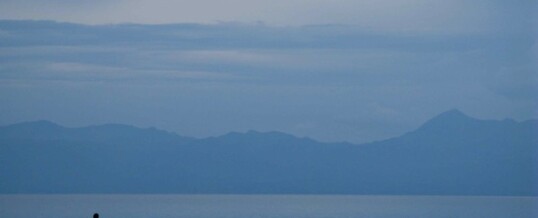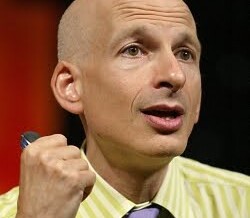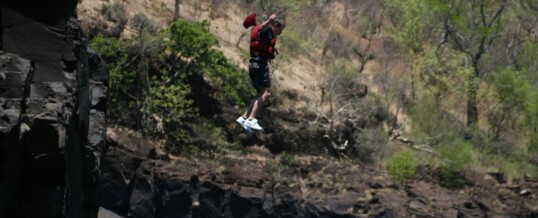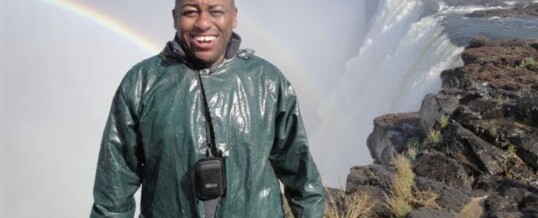
TripAdvisor is once again stirring up controversy! Check this from Jonathan Brown in the Independent
“They are the grubby prison cells away from home, the matchbox-size rooms with the peeling wallpaper and foetid sheets – at least according to the on-line reviews. But how bad are they really?
The hotel industry is growing increasingly concerned at the power wielded by internet sites such as TripAdvisor, on which often excoriating – yet anonymous – notices are posted that can destroy an establishment’s reputation. It comes after hoteliers reacted with fury, claiming their businesses were damaged, after being included in a list of the 10 “Dirtiest Hotels” in the UK, released to publicise the site.
Bob Cotton, chief executive of the British Hospitality Association, said hotels across Europe were seeking to persuade the EU Commission to overhaul the rules governing website reviews to ensure that they have been posted by genuine guests and not by rivals or people simply out to cause mischief. The issue surfaced during the most recent meeting of hotel chiefs in Barcelona, when industry leaders called for the rest of Europe to adopt the same standards of authentification that are already in operation in Germany.
Mr Cotton said: “Websites have a responsibility that the person has actually stayed at the hotel or dined at the restaurant. I have been having discussions in Brussels on behalf of the industry so that some sort of common sense should prevail, as it does on sites such as eBay.” He added: “You can’t ban these on-line comments – that is like de-inventing the atomic bomb – and I am in favour of all these methods of modern communication. But we need a fair crack of the whip.”
Mr Cotton said that he was aware of cases where owners had “smelt a rat”. He said: “It might be that someone has picked up some business from a competitor and the competitor wasn’t very happy and they put a whole series of comments saying how bad the visit was by the people who stayed at the hotel. It can really affect a business.”
Perhaps worst hit by the on-line review phenomenon recently was the two-star Grosvenor Hotel in Blackpool’s Albert Road, which was last week named and shamed in the Trip Advisor survey as Britain’s dirtiest establishment. Its owner, Chirag Khajuria, who has had 3,000 guests since taking over the running of the seaside hotel six months ago – garnering just 35 poor reviews – criticised the methodology. “It all seems very biased in favour of the bad reports, when some of our guests have said they would be back again to stay,” he said. Even when the Daily Mail went to poke fun at the hotel it concluded that the £26-a- night room was “no worse – and, in some cases, better – than many other hotels in Britain”.
At least one of the hotels named on the list when approached by The Independent said it was considering legal action against TripAdvisor, claiming the comments were based on out-dated observations made before a major refurbishment. Another London hotelier included on the list, who asked not to be identified, said he had received cancellations since being named.
TripAdvisor said its Dirtiest Hotels list was based on a “proprietary algorithm” which included factors other than the anonymous reviews. In a statement, it said it used “automated tools” to detect fraud, as a well as a team of moderators.”
The picture – Cape Maclear on Lake Malawi – an amazingly beautiful place! Thanks to Go2Africa
4
FEB




















